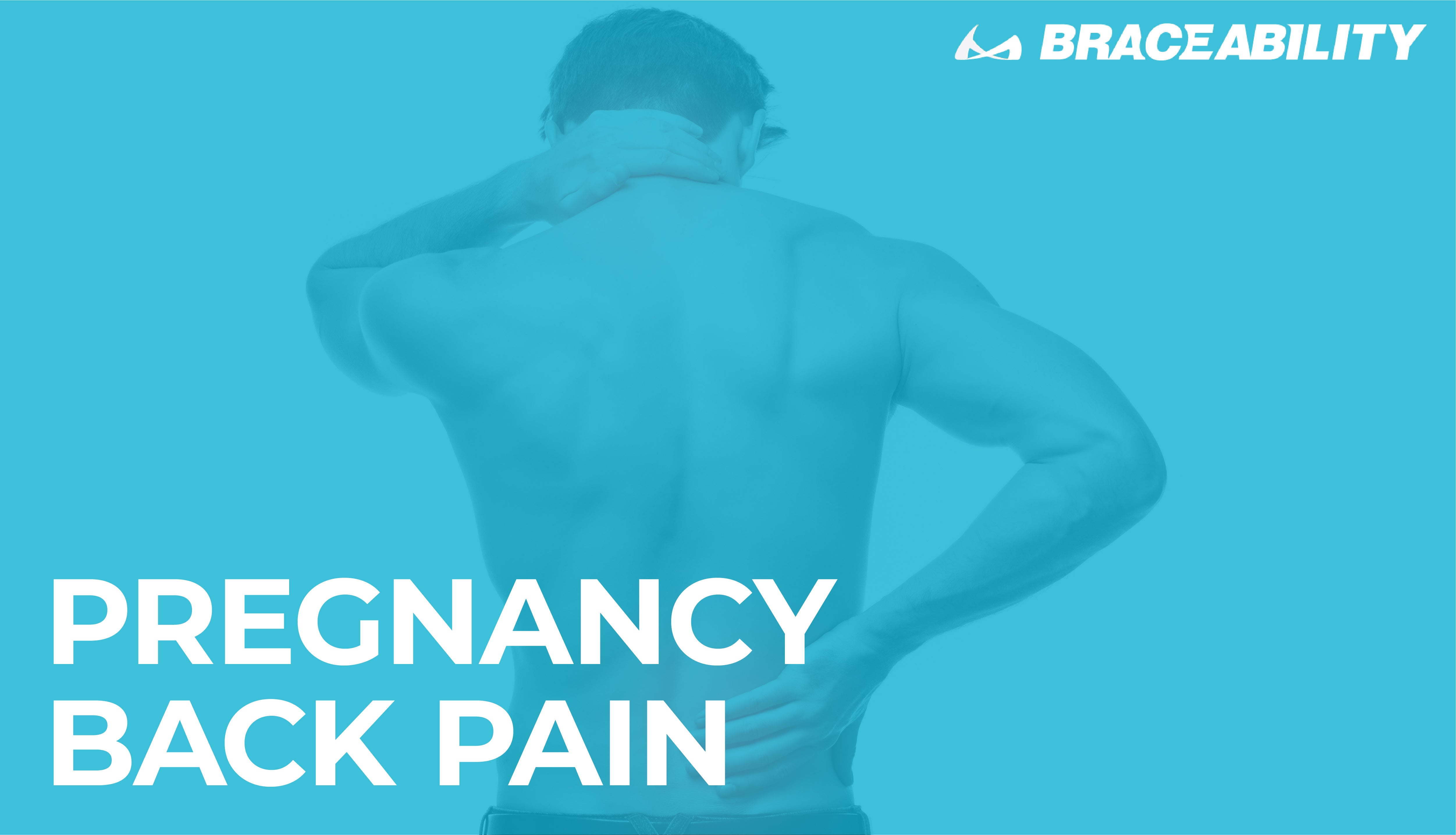

- CAN POPPING YOUR BACK WHILE PREGNANT HURT THE BABY HOW TO
- CAN POPPING YOUR BACK WHILE PREGNANT HURT THE BABY FULL
Hormonal changes cause your digestive system to slow down, which can result in both constipation and bloating.
CAN POPPING YOUR BACK WHILE PREGNANT HURT THE BABY FULL
The first trimester can be full of many unpleasant digestive-system-related issues, like tons of gas, bloating, and yes, constipation. The digestive system is affected by hormone changes during pregnancy, which may cause constipation, among other issues.

If you find yourself laughing, crying, and shouting all in the same breath, you may not be crazy. What It’s Like:Īll throughout pregnancy, but especially at the start, hormone levels will be fluctuating. Mood swings are most noticeable in the first twelve weeks of being pregnant. Most women experience some sort of moodiness or mood swings during pregnancy and about 10% experience depression. Your body is being flooded with hormones that can make you feel unusually emotional or weepy. Most women, however, will probably get more mood swings around the 6th week of pregnancy (four weeks after your missed period). You might mistake this for your normal PMS symptoms. The rollercoaster can start going up about two weeks after conception (around the time of your missed period). You can blame hormones again for mood swings, which you're most likely to experience beginning four weeks after your missed period. This is often the sign movies and television shows use to indicate that a character is pregnant.

If you find yourself sick for no apparent reason, you may be pregnant. However, it can happen at any time of day. It's called morning sickness because the discomfort is often the worst in the morning. Nausea can occur with or without vomiting and is often worse on an empty stomach. This is just one of those lovely pregnancy mysteries that we get to experience! How Common Is It:Ĩ0-90% of women experience some form of morning sickness, from nausea to vomiting. Current thinking is that morning sickness is the body’s reaction to the hCG hormone, which is at its highest levels in the first trimester. 4 Why It Happens:ĭoctors still don’t know what causes morning sickness. Usually, the symptoms taper off after the first trimester. Though queasiness can start around two weeks after conception (right around the time of your missed period), full-blown morning sickness and vomiting don’t usually roll around until the sixth week or so of pregnancy (four weeks after conception). Nausea is often experienced in early pregnancy and is sometimes accompanied by aversions to smell or taste. Don’t be afraid to ask for help from your partner or family. Take naps if your body calls for them, and sleep for as long as you need to. Even though you’re not showing yet, your body is still in the process of creating another person.
CAN POPPING YOUR BACK WHILE PREGNANT HURT THE BABY HOW TO
How to Deal With It:ĭon’t let feeling exhausted get you down. Fatigue can be a symptom of many other things, but if you feel ungodlily tired combined with any other signs listed here, you should take a pregnancy test. Although energy levels typically rise during the second trimester, it's common at the start of pregnancy to feel extremely and inexplicably worn out, like you’ve just run a marathon even though you only commuted to work. This is your body's normal response to its new state of transition. Many women feel very tired during pregnancy, especially during the first few months. This is one of the most common symptoms of being pregnant, and coincidentally, also one of the most common symptoms of being a parent! What It’s Like: Some light cramping can accompany the bleeding, which can last from three hours up to three days.

On average, implantation is nine days after ovulation and fertilization, with a range between six and twelve days. It happens one or two days after the embryo gets to the uterus, which is typically about five to seven days after ovulation and fertilization. Implantation is when the now-fertilized egg burrows into the uterine wall. How Common Is It:Īccording to, about one-third of women experience implantation bleeding. This is sometimes a sign that the egg has implanted itself into the uterine wall. So if you have a period that is early and much lighter than normal (sometimes implantation bleeding is described as just a few drops of blood), you could still be pregnant. This is usually termed “implantation bleeding.” 4 It is a symptom that is frustratingly similar to getting your period. Some light spotting and/or cramping can occur 6–12 days after conception. Some women experience spotting or cramping in early pregnancy this is usually a sign of implantation bleeding. 2 weeks after conception (or whenever you were supposed to get your period)


 0 kommentar(er)
0 kommentar(er)
